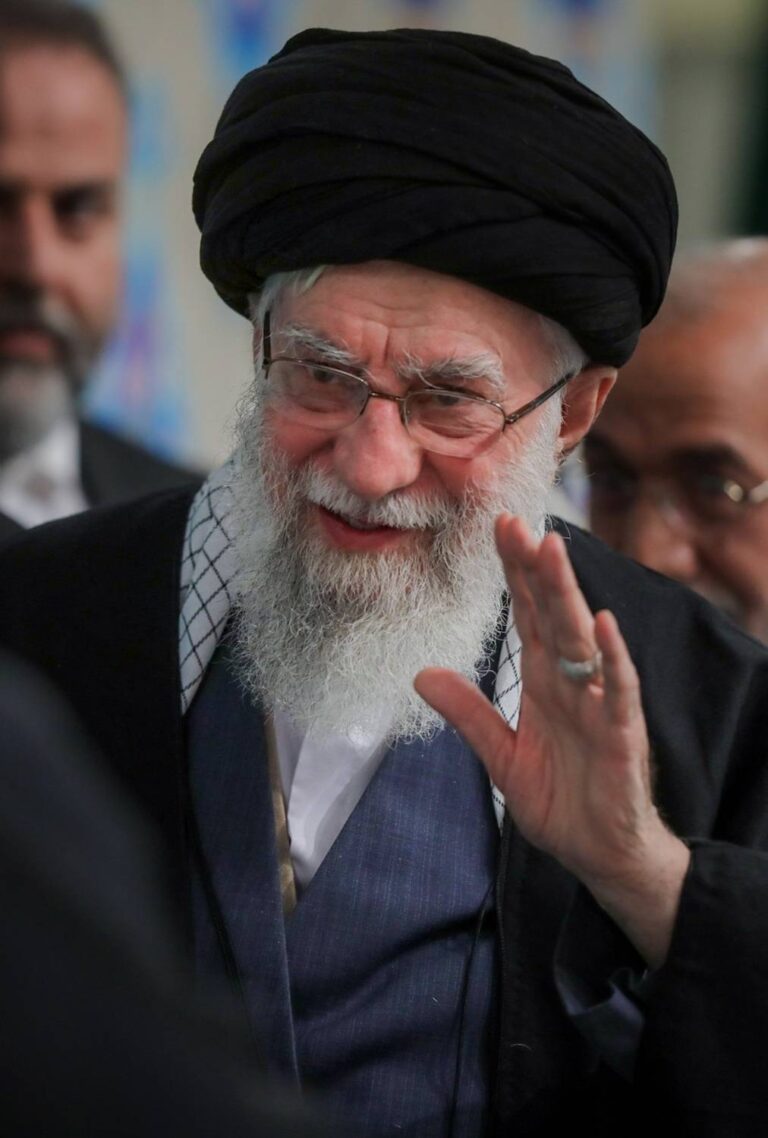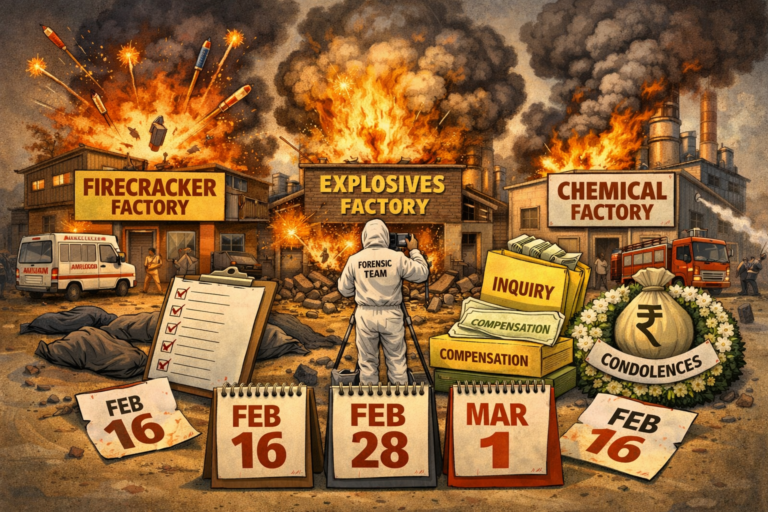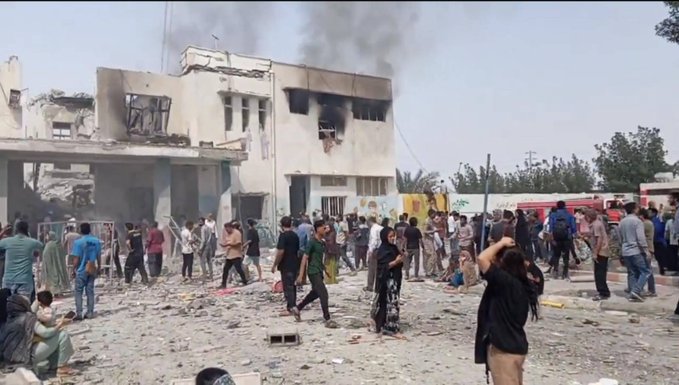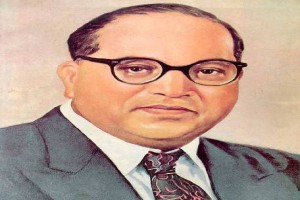
History Recalled
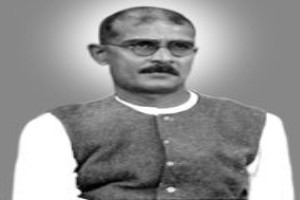 By Mahadev Desai*
By Mahadev Desai*
(This article was published in Harijan on Saturday, May 9, 1936)
The story that he told me would help us to understand him better
Dr. Ambedkar was here the other day to have an interview with Gandhiji. We have resolved, by mutual agreement, not to say anything about the interview, as it was purely private talk and not meant for the press. But as every product has its by-products, I got an opportunity during this visit of his to come into close touch with Dr. Ambedkar and to know some of the details of his life most intimately. The story that he told me would help us to understand him better. Time and again Gandhiji has sent away with a rebuff those who came to him to revile Dr. Ambedkar. He has told them that what the Doctor had gone through should entitle him to be bitter and even more than bitter. Dr. Ambedkar told me in brief why he could not be reconciled to Hinduism.
Also read: History Recalled: Towards an ideal zamindari -5
“I was born,” he said, “in a little village in Ratnagiri District and got what little education I could as a child in Dapoli. But you can imagine how much I could learn when I tell you that I had to sit with boys of my community outside the school-house. Depressed class boys of all standards had to be seated together, no one cared to tech them, the teacher would simply ask if we had read our lessons. My father moved me to Satara. I read in the Satara High School. Here I had to sit on a separate bench. Fain would I have studied Sanskrit, but the Sanskrit teacher would not have me. So I had to take up Persian. My father was a retired military pensioner, getting a pension of Rs.50. Thus he was much more respectable than many middle class Hindus, but I tell you we could not get the services of a barber. My sister used to shave five or six members of the family. The hard conditions in Satara compelled us to leave for Bombay where after admission to the Elphinstone College I was introduced to H. H. the Gaekwar who gave me a scholarship. After I took my B.A. degree I was asked to go to Baroda where I got a lieutenancy in a State regiment. I then managed to stay in the quarters where military men of my community lived.”
Then followed the story his trip to America with H. H. the Gaekwar’s scholarship, and his return to Baroda as Ph.D. of the Columbia University.
“What do you think was the reception that awaited me? No rooms or house for me to live was available in the big city of Baroda. I wanted to be taken up as a professor so that I might get free quarters, but H. H. the Gaekwar preferred to have me in the Finance Department, as he said he wanted to turn my knowledge of finance to good account. I was left to find out a house for myself. I wandered up and down without avail, and at the end of my peregrinations halted at a Parsi Dharmashala where the care-taker agreed to take me if I would assume a false Parsi name. I did so, but soon the Parsis found me out and one day a crowd of them appeared with lathis and threatened to batter me to death if I did not leave the Dharmashala immediately. I begged of them to permit me to stay until evening. I went to Mr. Samuel Joshi who had once invited me to stay with him, but found him when I actually went to seek shelter, quite inhospitable. The late Mr. Kudalkar, the Librarian, was a great friend of mine. He agreed to take me, but also said my going to his place would mean a notice from all the servants of the household to leave. I saw that there was nothing for it but to go. I left Baroda, and wrote to H. H. narrating the tale of my woe. I was asked to go again to Baroda, paid Rs.6 per day for my 20 days stay in the State Guest House and returned without even having had an interview with H. H.
“But you will say that’s all old. Let me tell you what happened only 15 days ago. I had occasion to go to Sopala where we had a conference. A taxi driver who had agreed to serve us and had accepted Rs.25 from us in advance walked away with the money and no tongawallas would agree to take us in. There was complete boycott of us. Do you think we can get barbers in Bombay? Simply because Hindu barbers would not shave our people. Muslim barbers dictate their terms. Is there any Hindu hotel in Bombay which would take us? But let that go. I tell you I wept bitter tears on the day I was hounded out from place to place in Baroda, and even the memory of my days in Baroda file my eyes with tears. Let me, however, tell you that I cannot be too grateful to His Highness for what he has done for me.”
“We are deeply ashamed,” I said “but do not you think the situation has changed? Do not you find numerous people to suffer with you today?” “I see no change. And what’s the good of telling me you are ready to suffer with us? If you have to suffer, it means we will have to continue to suffer still more.”
There is no arguing with Dr. Ambedkar. When we recounted to him the innumerable ways in which a healthy change was noticeable in the attitude of the Hindu community, he said: “One swallow does not make a summer. You are highly optimistic. But you know the definition of an optimist? An optimist is one who takes the brightest view of other people’s sufferings!”
As I have said, there could not be any answer to this legitimately bitter feeling. The only answer can be more introspection, more self-purification. Bitterness can never be the answer for bitterness, nor anger for anger, especially when the bitterness and anger are more than justified. Let us put on the armour of all the love and sweetness we are capable of and leave the rest to God. He is our only fixed star in the midst of impenetrable darkness.
*Mahadev Desai was an eminent freedom fighter and Mahatma Gandhi’s personal secretary; article courtesy his grandson, Nachiketa Desai


